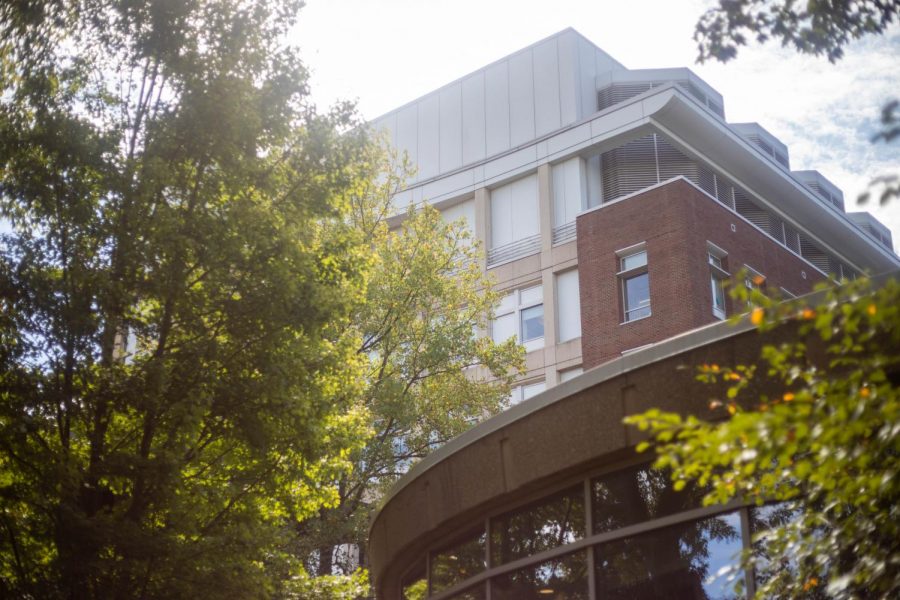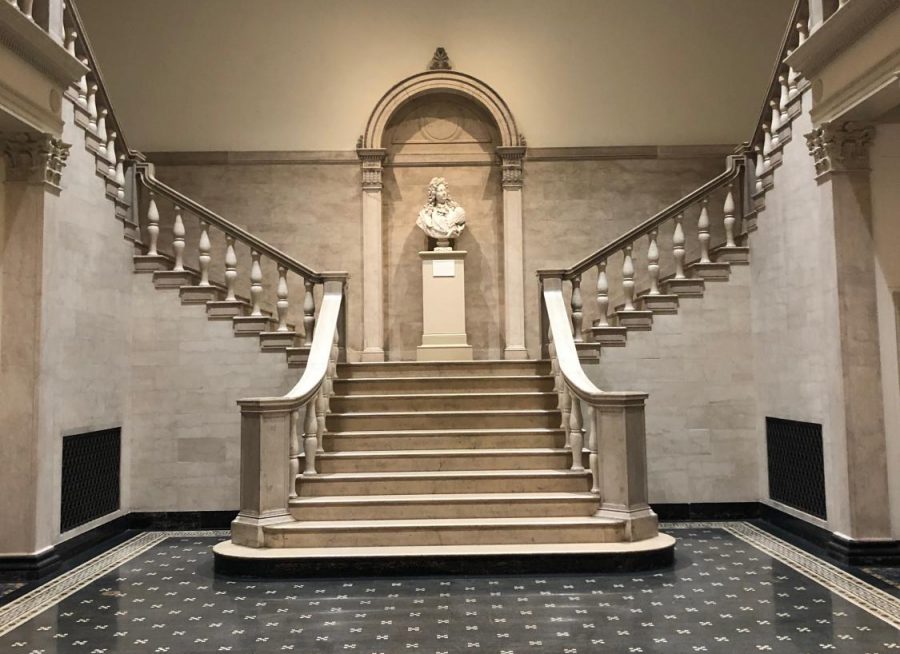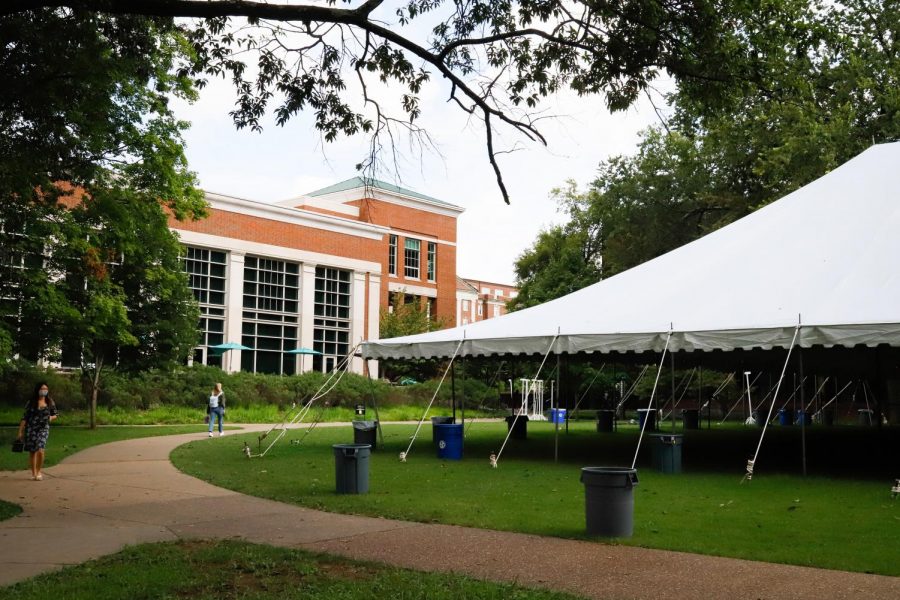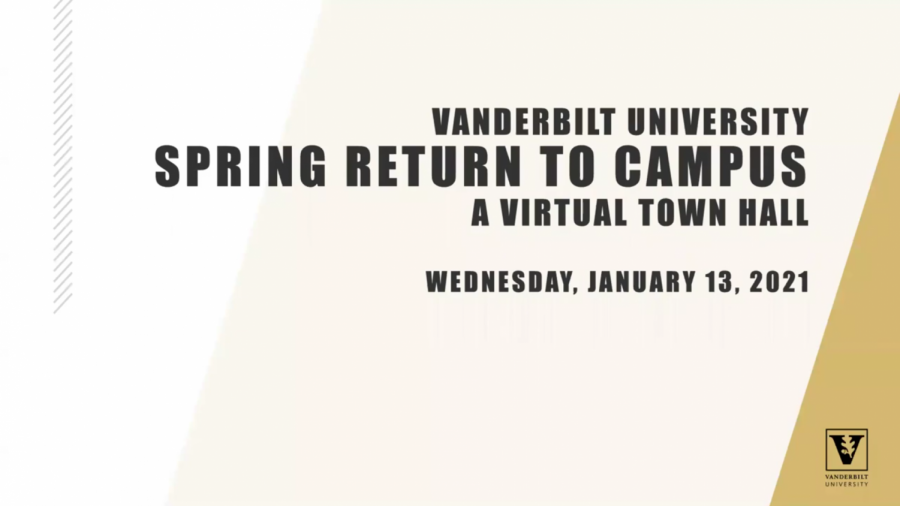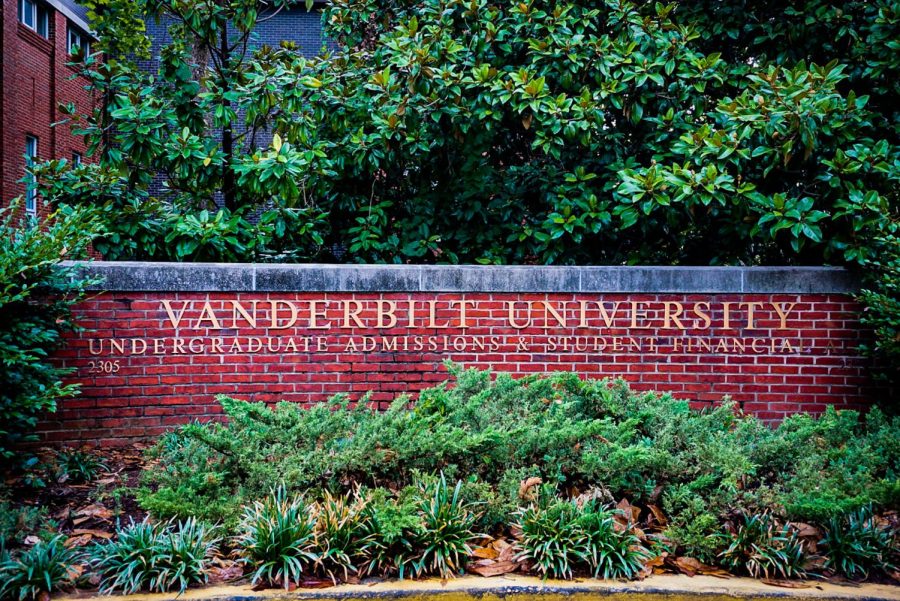In late July, the Vanderbilt chapter of the American Association of University Professors (VAAUP) delivered a petition to Vanderbilt’s senior administration, calling for measures to protect the health of the university community throughout the COVID-19 pandemic. The VAAUP consists of instructors of all ranks, including tenured, tenure-track and non-tenure-track faculty, graduate-student instructors and current and former members of the Faculty Council and Faculty Senate. The measures we are seeking include making online course instruction the default, incorporating meaningful faculty governance into university decision-making and establishing transparent and rigorous testing and quarantine protocols.
To date, the petition has 524 signatures from faculty, students, alumni and parents, including 182 signatures from faculty members. The administration has made no official acknowledgment of the petition, and the issues it addresses have only become more urgent.
Current plans to resume extensive in-person teaching and campus activities will almost certainly result in serious illness and even death for some in the Vanderbilt community. The administration has justified this risk by citing the mission of residential education. It has made reopening campus the priority and tailored its health and teaching policies to support this goal. By pitting educational mission, public health and faculty governance against one another, the administration jeopardizes the safety of our community. This approach compromises the ability of faculty, students and staff to teach, learn and work effectively.
Senior administrators, including Provost Susan Wente, have asserted that Vanderbilt’s mission of residential education demands that a significant number of courses be taught in-person. The administration has emphasized in-person teaching by invoking “the strengths of residential education” and “our scholarly missions as a residential research university.” But peer institutions that also prioritize residential education, including Harvard, Stanford, Johns Hopkins, Columbia, the University of Pennsylvania and Princeton, have all switched to total or near-total remote teaching in the fall. They recognize that in-person instruction will expose faculty, students and staff to the risk of deadly infection, without necessarily improving the quality of education. We call upon Vanderbilt to commit to safe teaching and learning, as other institutions have already done.
The university should not promote the idea that in-person teaching is the best kind of teaching during a pandemic. In fact, in-person classes will pose numerous obstacles to effective teaching and learning. Students will be forced to sit at least six feet away from each other, wearing masks and struggling to hear masked instructors. Some instructors will be standing behind plexiglass partitions. By contrast, students learning online will be able to see everyone unmasked and congregate in small groups with their peers.
More fundamentally, no approach to teaching can be deemed “effective” if it exposes students, faculty and staff members to a deadly virus.
Scientists note that the virus is most likely to spread indoors, in poorly-ventilated rooms, with people projecting voices over extended periods: these conditions define the college classroom. The risk of infection persists even if everyone in the room wears a mask. And converging evidence indicates that the virus can spread via aerosols that linger in the air, traveling distances over six feet. Vanderbilt has updated ventilation and filtration in some classroom buildings, but they have not communicated specifics of which buildings have been updated. Under these conditions, the university should allow instructors to choose how they will teach to maximize their personal safety.
According to Vanderbilt’s current policy, however, instructors are only guaranteed the option of online teaching if they qualify for a disability accommodation. Our group has heard from junior and contingent faculty who have felt pressured to teach in person, for fear of retribution should they request an online accommodation. Vanderbilt’s policies are forcing some of the most vulnerable members of our community to choose between their health and their work. Not surprisingly, twenty-one of our colleagues elected to sign VAAUP’s petition anonymously (as did 42 students). A default online policy, allowing instructors to teach in person if they choose, would help to alleviate some of these structural inequities. It would also protect the health of housekeeping and maintenance staff, who are placed at risk by the re-opening of campus.
Our safety is also at risk because of the alarming level of viral infection in Nashville and surrounding areas. The Harvard Global Health Initiative COVID-19 risk map places Davidson county at the highest, “red,” risk level, necessitating “stay-at-home orders.” As of Aug. 19, Nashville’s 7-day positivity rate of COVID-19 tests is at a worrying 11.3 percent. For comparison, the World Health Organization recommended in May that the positivity rate remains below five percent for at least two weeks before governments consider reopening. Despite the prevalence of the coronavirus off-campus, the university doesn’t plan to pre-screen instructors, graduate and professional students and staff for infection. Nor will it—as Vanderbilt AAUP’s petition demands—offer testing-on-demand for university employees, as some peer institutions are doing. Vanderbilt is one of a dwindling number of colleges and universities undertaking an experiment that risks a serious outbreak.
With such high stakes, it is all the more concerning that university decision-making during the pandemic has not been open and transparent. No broad faculty input was sought to guide fall planning: no large-scale surveys were circulated, no comprehensive meetings called, no inclusive committees formed. The Faculty Senate, the elected body representing faculty, was never called upon to debate or comment on fall plans, even though the administration has repeatedly implied that its decisions were guided by Senate input. Once senior administrators arrived at the decision to reopen campus, policies were made and then handed over to committees for justification. These committees contained very few of the teaching faculty being asked to put themselves at risk. Faculty were invited to submit questions at a series of carefully controlled “town hall” meetings this summer, but such a one-way forum does not constitute substantive input.
Our petition calls for meaningful participation in university decision-making by all instructors and staff. The American Association of University Professors affirms this right as a basic principle of academic freedom, stating, “No important institutional decision should be made unilaterally by administrations or governing boards.”
Why does faculty input matter? For one thing, faculty have professional expertise in how to educate students and manage classrooms. They have already been working hard over the spring and summer to determine what good teaching looks like in the pandemic era. Faculty are also experts in directly-relevant topics in the sciences, social sciences and humanities, yet little of this expertise is guiding administrators’ decisions. This refusal to engage in meaningful dialogue with the faculty places our entire community at risk and undermines the quality of teaching and learning at Vanderbilt.
Many questions remain about what will happen once campus reopens. Some of these have been raised by a coalition of concerned Vanderbilt parents, and are also surely on students’ minds. For instance, is there a rate of community infection in Nashville that would cause Vanderbilt to change its plans? What will happen to instructors who take the logical step of moving their class online after an infected person has attended class? Will senior administrators take personal responsibility for the inevitable illness and deaths of students, staff and faculty? Will the university provide compensation for the medical care and lost health and life incurred by its actions? Has the university budgeted for the lawsuits that will ensue after the virus sweeps through the campus? How will the university respond to the death of a student, staff person or faculty member?
As outbreaks emerge on re-opening campuses across the country, we need accountable leadership at Vanderbilt to make decisions that first and foremost prioritize the health and safety of our community.
Vanderbilt AAUP











